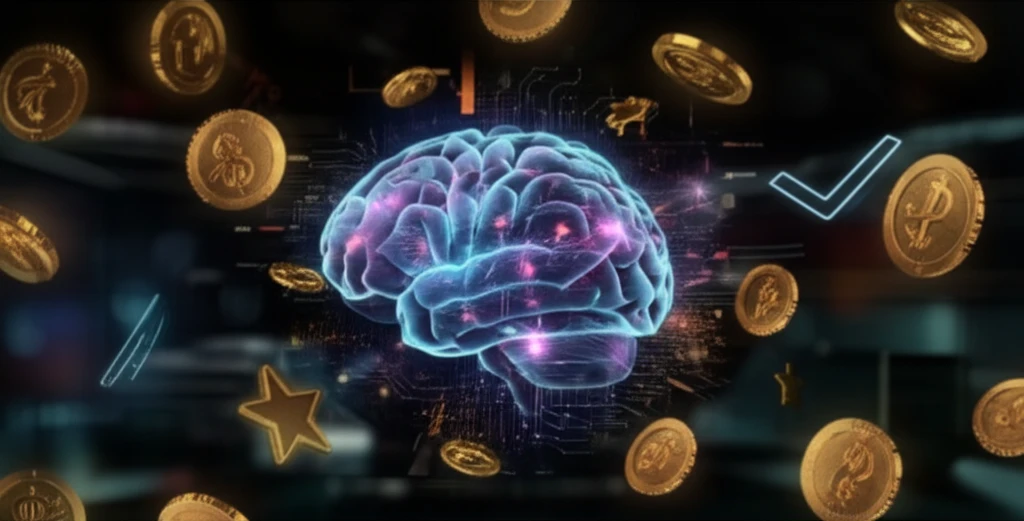
Unlocking the Brain: How Incentives Boost Working Memory
"Discover how rewards and motivation can significantly improve cognitive performance, offering new insights into mental health treatments."
Motivation plays a crucial role in our daily lives, influencing everything from our productivity at work to our engagement in personal goals. But how exactly do incentives impact our cognitive abilities, particularly working memory? Recent research sheds light on this question, revealing the intricate ways in which rewards and motivation can enhance our mental performance.
Working memory, the brain's ability to hold and manipulate information temporarily, is essential for a wide range of cognitive tasks, from problem-solving to decision-making. Understanding how to optimize working memory function is therefore of great interest to researchers and individuals alike.
This article delves into the groundbreaking findings of a study that investigated the effects of incentive presentation on spatial working memory performance. By exploring the neural mechanisms underlying this connection, we can gain valuable insights into potential strategies for improving cognitive function and addressing mental health challenges.
The Power of Incentives: How Rewards Boost Brainpower

A study examined how monetary incentives, presented both on a trial-by-trial and contextual basis, affected the spatial working memory of 33 healthy adults. The participants performed tasks while undergoing functional magnetic resonance imaging (fMRI), allowing researchers to observe the brain activity associated with different incentive conditions.
- Trial-by-Trial Incentives: Rewards or potential losses presented for each task significantly improved working memory accuracy.
- Contextual Incentives: When incentives were framed within a broader context, participants also showed enhanced cognitive performance.
- Neural Activity: Brain scans revealed that incentive conditions led to increased activity in visual, motor, and anterior cingulate cortices, while prefrontal and parietal cortices showed relatively decreased signal change.
Implications and Future Directions: Optimizing Cognitive Performance
This research provides valuable insights into the relationship between incentives and working memory, highlighting the potential for leveraging motivational strategies to enhance cognitive function. By understanding how rewards and the avoidance of losses impact brain activity and cognitive performance, we can develop more effective interventions for individuals seeking to improve their mental abilities.
The findings also have implications for mental health treatments. Given the role of motivation in cognitive processes, incorporating incentive-based approaches into therapeutic interventions may be beneficial for individuals with cognitive impairments or motivational deficits. Further research is needed to explore the potential of these strategies in clinical populations.
Future studies could investigate the long-term effects of incentive-based training on working memory and explore the optimal types and schedules of incentives for maximizing cognitive benefits. Additionally, research could examine the influence of individual differences, such as personality traits and motivational styles, on the response to incentives. By continuing to unravel the complexities of the brain's reward system, we can unlock new possibilities for enhancing cognitive performance and promoting mental well-being.
